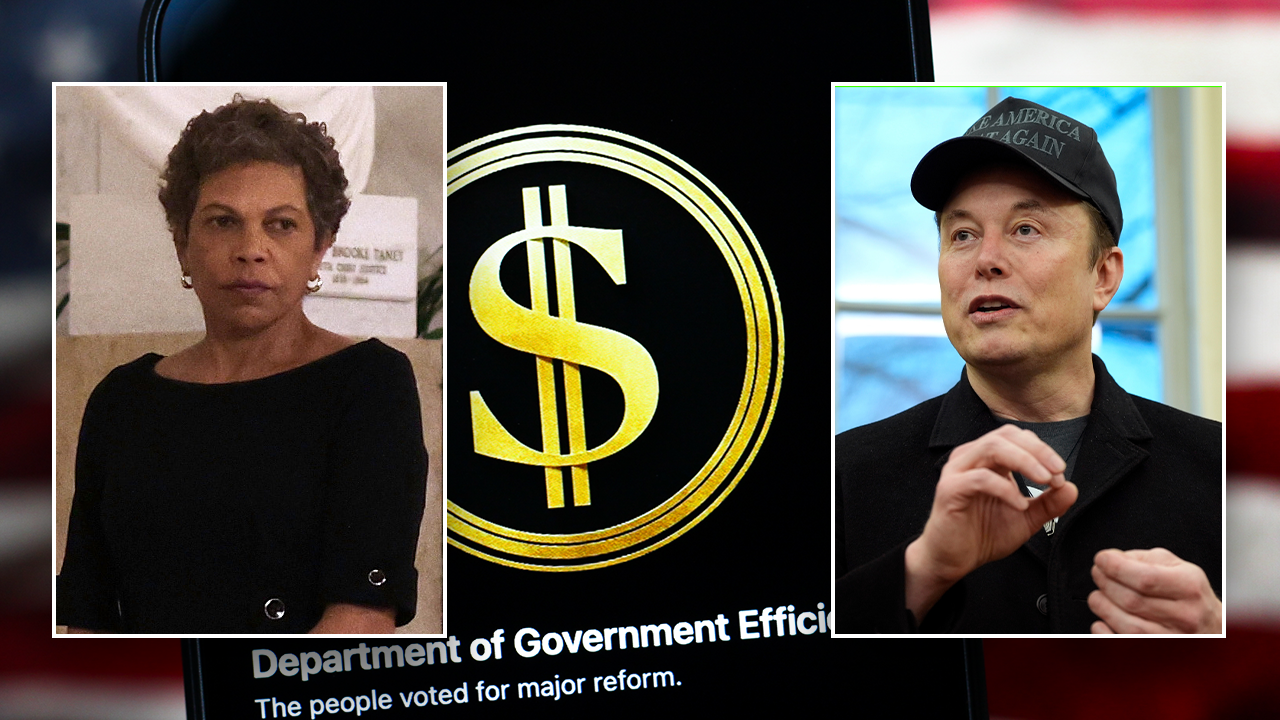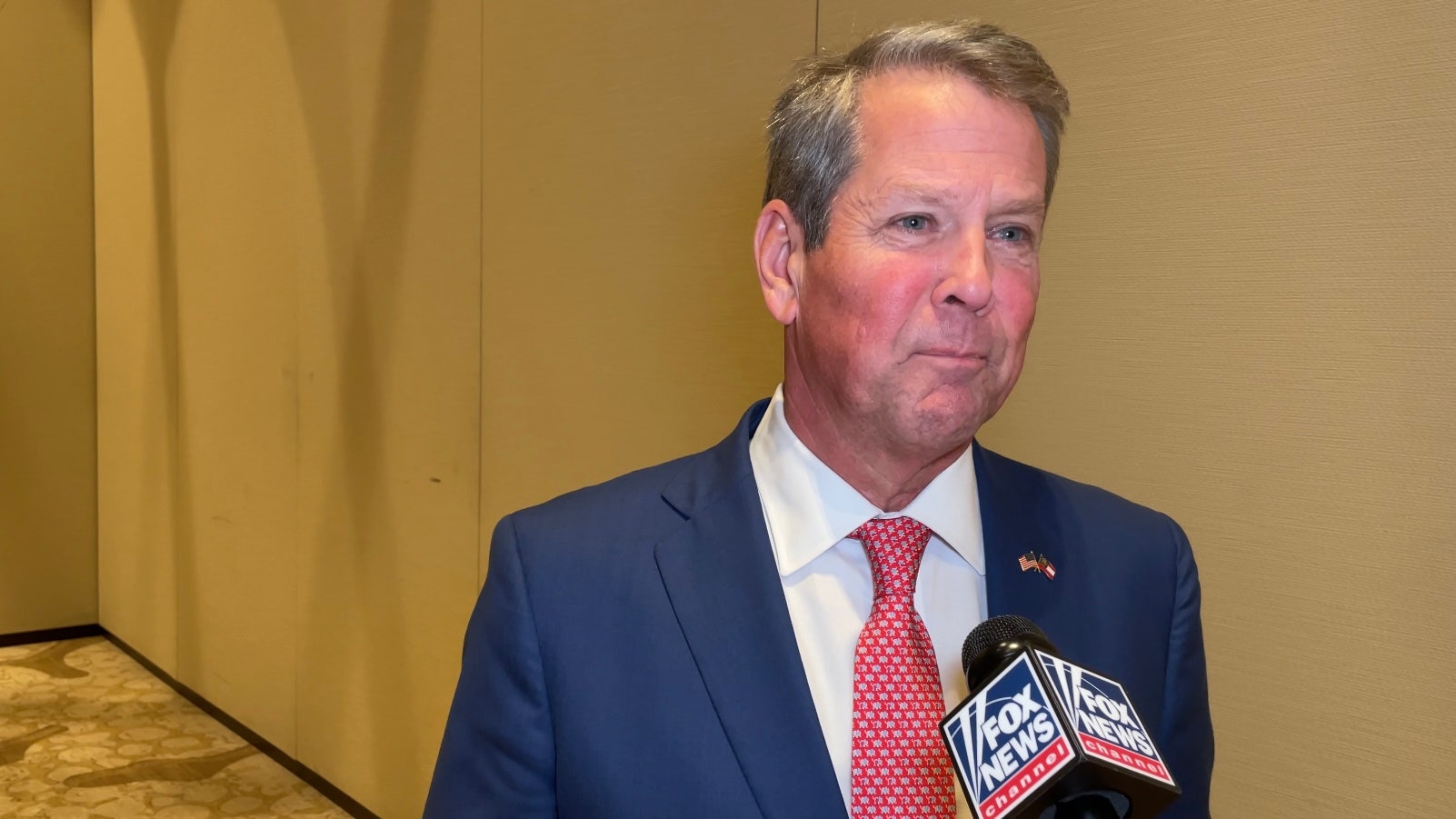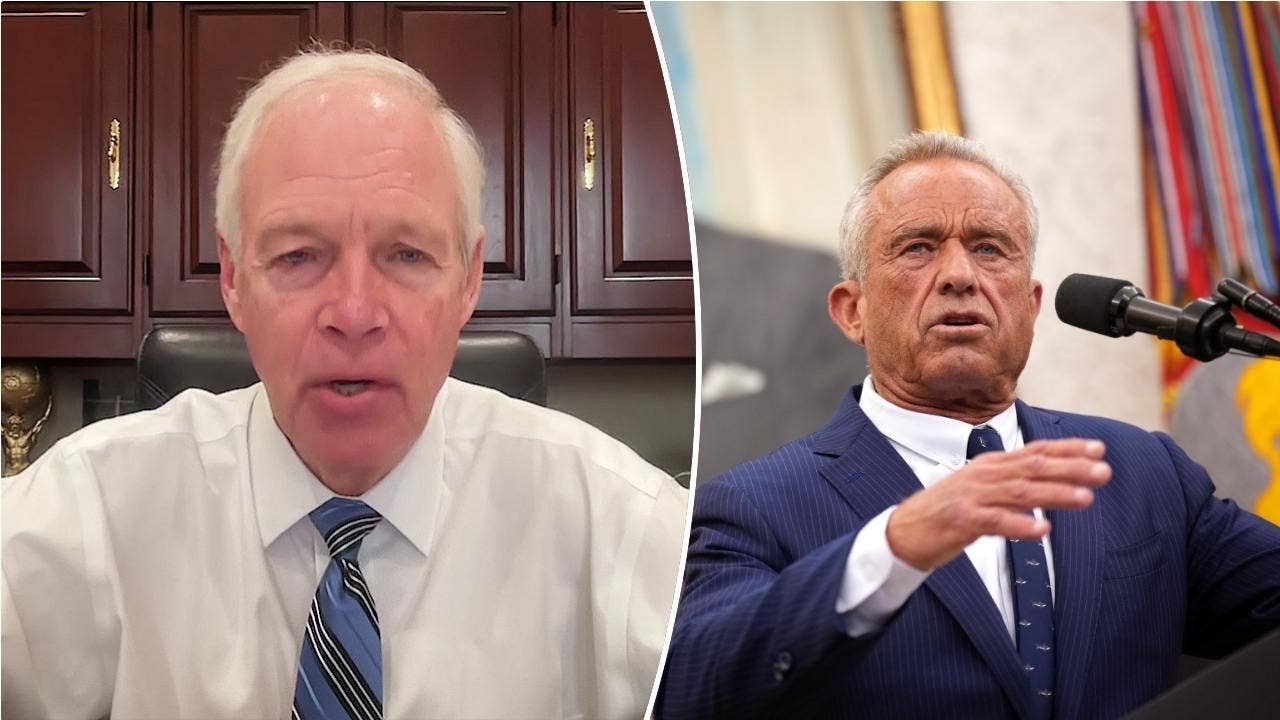A federal judge on Tuesday declined to block Elon Musk’s Department of Government Efficiency from accessing government data or firing federal employees.
U.S. District Judge Tanya Chutkan ruled that plaintiffs – who represented more than a dozen Democratic-led states – failed to show the necessary evidence of harm caused by DOGE’s access in order to be granted a temporary restraining order.
The decision from Chutkan, an Obama appointee, is a blow to the coalition of 14 attorneys general who sued last week to temporarily restrict DOGE’s access to federal data personnel information about government employees.
Plaintiffs argued that the leadership role held by Musk, a private citizen, represents an “unlawful delegation of executive power” and threatened what they described as “widespread disruption” to employees working across various federal agencies and government contractors.
DOGE SCORES BIG COURT WIN, ALLOWED ACCESS DATA ON 3 FEDERAL AGENCIES
“There is no greater threat to democracy than the accumulation of state power in the hands of a single, unelected individual,” said the lawsuit, filed by New Mexico Attorney General Raul Torrez.
Attorneys general from Arizona, California, Connecticut, Hawaii, Maryland, Massachusetts, Michigan, Minnesota, Nevada, Oregon, Rhode Island, Vermont, and Washington also joined him in the request.
While Judge Chutkan at times appeared sympathetic to the views brought by Torrez and other plaintiffs during Monday’s hearing, she also suggested she was not convinced that plaintiffs had adequately satisfied the high legal standard of “imminent harm” required for a temporary restraining order.
“The things I’m hearing are troubling indeed, but I have to have a record and findings of fact before I issue something,” Chutkan said Monday.
LAWSUIT TRACKER: NEW RESISTANCE BATTLING TRUMP’S SECOND TERM THROUGH ONSLAUGHT OF LAWSUITS TAKING AIM AT EOS
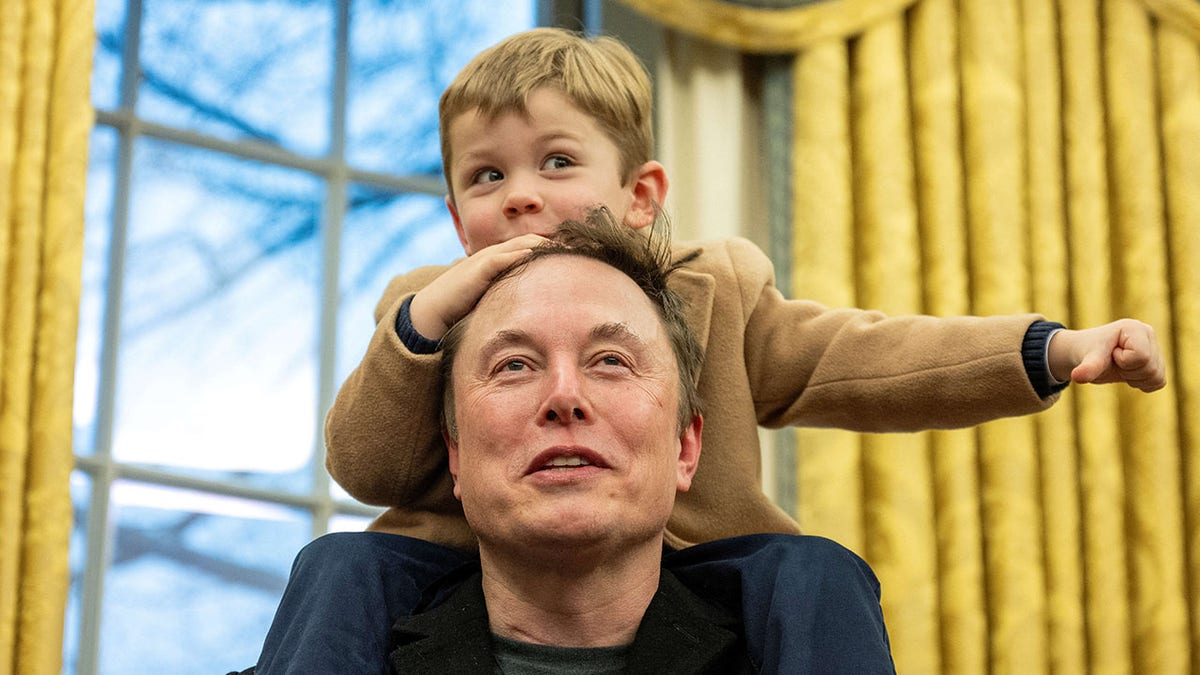
The hearing is the latest in a growing flurry of emergency lawsuits filed across the country seeking to block or restrict DOGE’s access to sensitive government data.
Similar legal challenges are playing out in federal courts across the country, from New York and Maryland to Virginia and D.C, with plaintiffs citing fears of privacy breaches, layoffs, and possible retaliation from DOGE.
‘WASTEFUL AND DANGEROUS’: DOGE’S TOP FIVE MOST SHOCKING REVELATIONS
DOGE, the Musk-led agency, was created via executive order earlier this year. Its status as a temporary organization within the White House gives DOGE and its employees just 18 months to carry out its goals of optimizing the federal government, streamlining its operations, and of course, doing it all at a lower cost.
DOGE’s wide-ranging mission, combined with its lack of specifics, have sparked fresh concerns from outside observers, who have questioned how, exactly, the group plans to deliver on its ambitious optimization goals in such a short amount of time.
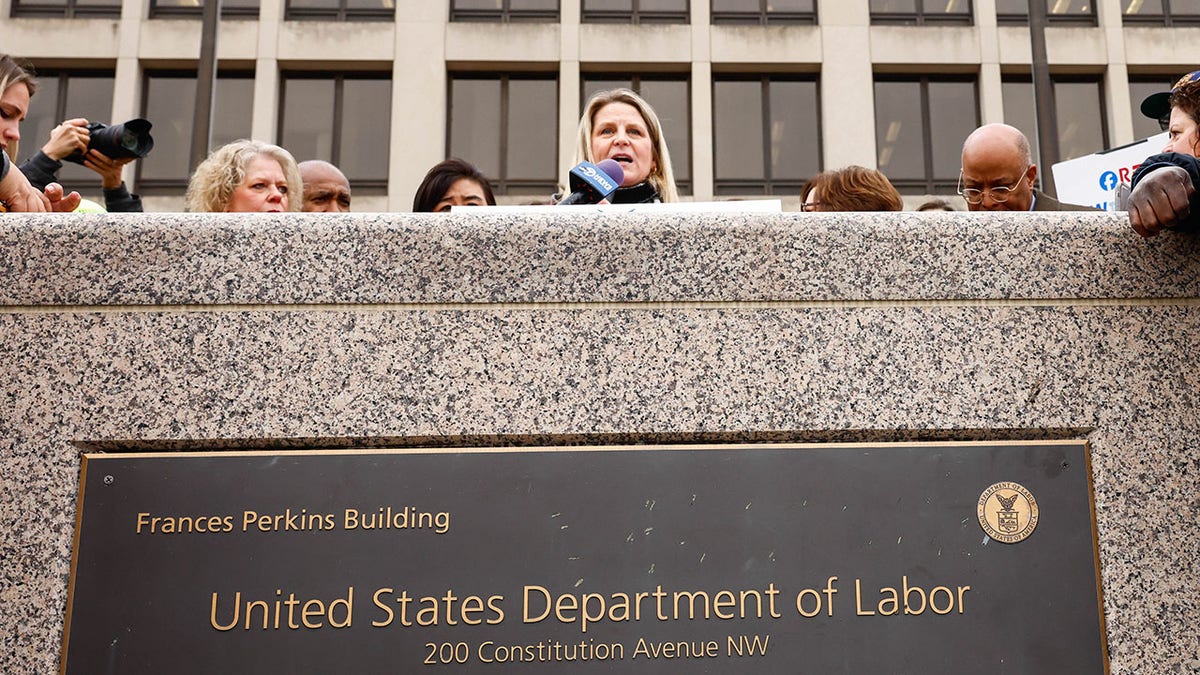
But Musk and his allies have wasted little time racing to do just that. They’ve spent the past month racing to deliver on what they see as one of President Donald Trump’s biggest campaign trail pledges: reducing bloated federal budgets, aggressively slashing government waste, and firing or putting on ice large swaths of federal employees.
The Justice Department, for its part, argued on Monday that the DOGE personnel in question are “detailed” U.S. government employees who are entitled to access the government data under provisions of the Economy Act.
Recent court victories have also buoyed DOGE’s operations – allowing them, at least for now, to continue carrying out their sprawling operation.,
As Judge Chutkan noted Monday, fears and speculation alone are not enough to curtail DOGE access: plaintiffs must prove clearly, and with evidence, that their workings have met the hard-to-satisfy test of permanent, or “irreparable” harm.
Late last week, U.S. District Judge John Bates, a George W. Bush appointee, also rejected a request to block DOGE from accessing records of three government agencies, writing in his own opinion Friday that plaintiffs “have not shown a substantial likelihood that [DOGE] is not an agency.”
TRUMP TEMPORARILY THWARTED IN DOGE MISSION TO END USAID
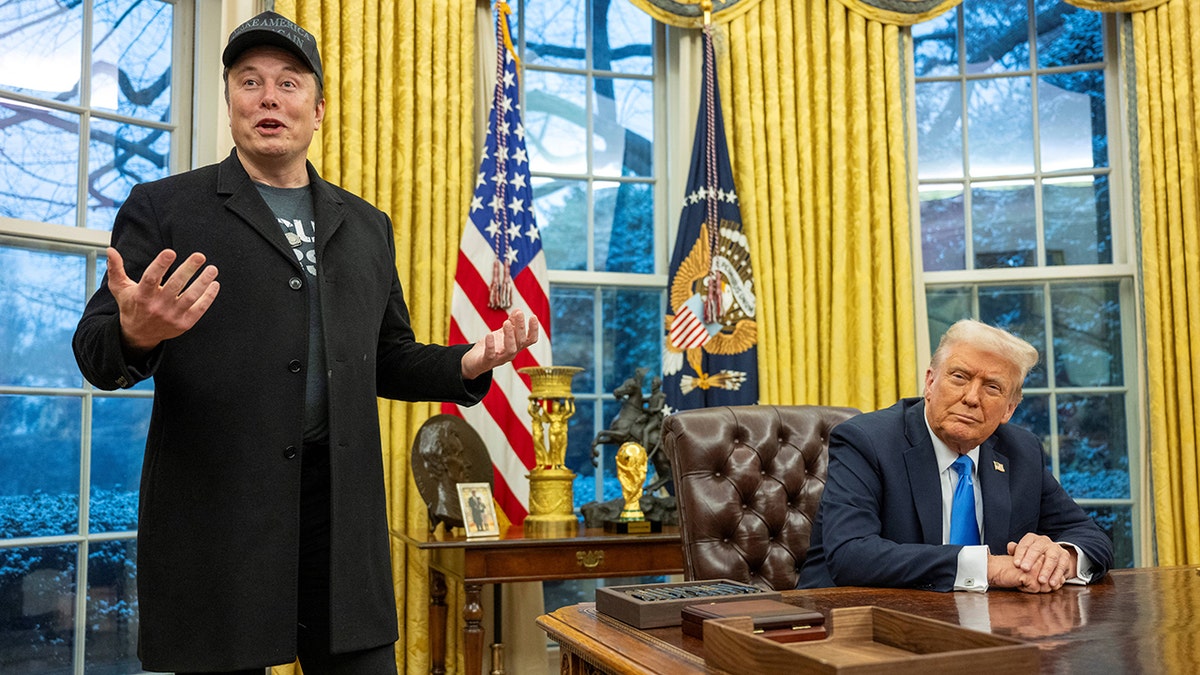
For plaintiffs, the TRO defeats have made it increasingly unclear what, if any, hope they might have to secure near-term injunctive relief.
Plaintiffs representing the 14 Democratic states argued Monday that DOGE’s broad agency access violates the Appointments Clause of the U.S. Constitution.
That clause requires Cabinet and other high-level leaders in the U.S. government to be nominated by a president and confirmed by a Senate majority vote – a lengthy process designed to help vet an individual’s fitness to perform in the role to which they were appointed.
They argued that the “expansive authority” granted to DOGE is not “merely academic.”
Already, plaintiffs said, Musk has “cut billions of dollars from agency budgets, fired agency personnel, and that he has moved to, in his words, ‘delete’ entire agencies.”
Trump “does not have the constitutional authority to unilaterally dismantle the government,” the attorneys general said. “Nor could he delegate such expansive authority to an unelected, unconfirmed individual.”
And while Judge Chutkan appeared to share in plaintiffs’ assertion that at least some of DOGE’s actions appear to be “serious and troubling,” she maintained that a deliberate fear is not enough to grant the request to block their access immediately.
“You’re talking about a generalized fear,” she said of their DOGE complaints. “I’m not seeing it so far.”



